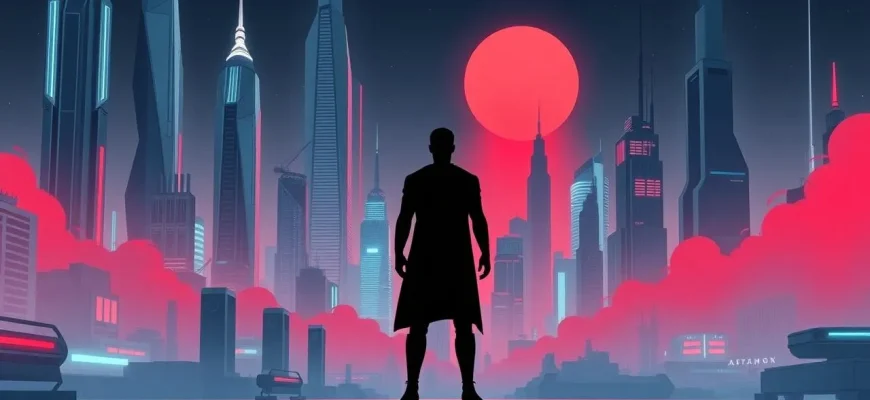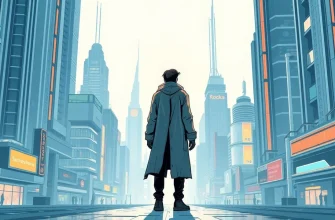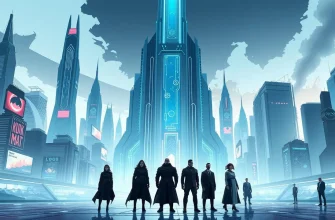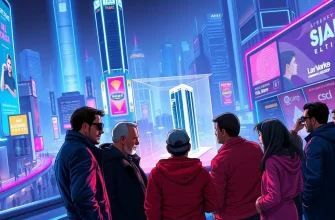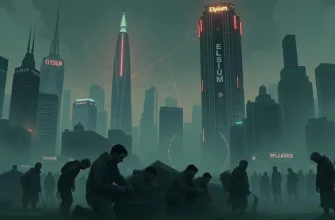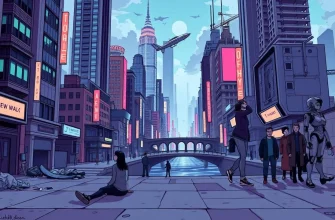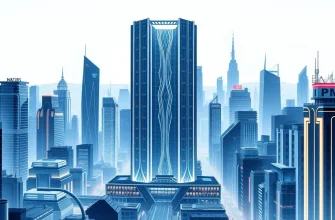Science fiction has always been a genre that explores the complexities of power, from dystopian futures where authoritarian regimes rule with an iron fist to tales of rebellion against oppressive systems. This curated list of 10 films delves into various facets of power, showcasing how it can corrupt, inspire, or lead to the downfall of societies. Each film provides a thought-provoking narrative on the nature of control, making them essential viewing for anyone fascinated by the dynamics of power in speculative settings.

A Clockwork Orange (1971)
Description: This controversial film explores themes of free will, violence, and state control through the story of a young delinquent who undergoes an experimental aversion therapy to curb his violent tendencies.
Fact: Stanley Kubrick withdrew the film from UK cinemas after it was linked to copycat violence. The film's use of classical music, particularly Beethoven's Ninth Symphony, became iconic.
 Watch Now
Watch Now 
Brazil (1985)
Description: This dark comedy portrays a bureaucratic, totalitarian society where one man's quest for a woman he sees in a dream leads him into a surreal battle against the system.
Fact: The film's title refers to the song "Aquarela do Brasil," which plays during a dream sequence. Terry Gilliam had numerous conflicts with Universal Studios over the film's length and content.
 Watch Now
Watch Now 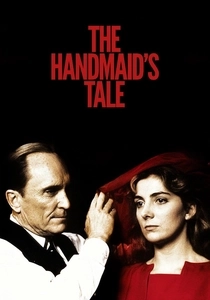
The Handmaid's Tale (1990)
Description: In a theocratic dictatorship, fertile women are forced into sexual servitude to repopulate a society where most women are infertile, exploring themes of power, gender, and resistance.
Fact: The film was adapted from Margaret Atwood's novel. It was initially released to mixed reviews but has since gained a cult following.
 Watch Now
Watch Now 
Gattaca (1997)
Description: In a society where genetic engineering determines one's social status, a naturally conceived man assumes the identity of a genetically superior individual to pursue his dream of space travel.
Fact: The film's title is derived from the four nitrogenous bases of DNA: guanine, adenine, thymine, and cytosine. The movie was shot in sequence to capture the character development.
 Watch Now
Watch Now 
The Matrix (1999)
Description: In a world where reality is simulated by machines, a hacker discovers the truth and joins a rebellion against the controllers, exploring themes of free will versus predestination.
Fact: The film's "bullet time" effect was groundbreaking at the time. The Wachowskis wrote the script after reading "Simulacra and Simulation" by Jean Baudrillard.
 Watch Now
Watch Now 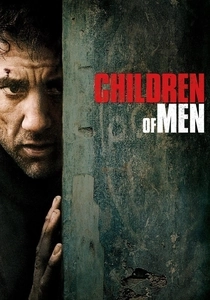
Children of Men (2006)
Description: Set in a future where humans can no longer procreate, a former activist helps transport a miraculously pregnant woman to safety, highlighting themes of hope and the power of humanity.
Fact: The film's long, uninterrupted takes were achieved with hidden cuts. The screenplay was adapted from P.D. James' novel of the same name.
 Watch Now
Watch Now 
Equilibrium (2002)
Description: In a future where emotions are outlawed, a high-ranking government agent begins to question the regime's control over human feelings, leading to a rebellion against the oppressive system.
Fact: The film's concept was inspired by Aldous Huxley's "Brave New World" and Ray Bradbury's "Fahrenheit 451". The fight scenes were choreographed by the same team behind "The Matrix".
 Watch Now
Watch Now 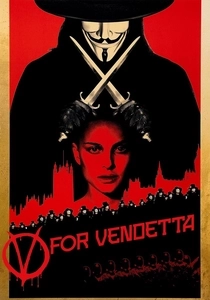
V for Vendetta (2005)
Description: In a totalitarian England, a masked vigilante known only as "V" uses terrorist tactics to fight against the oppressive government, inspiring a revolution.
Fact: The film's iconic Guy Fawkes mask has become a symbol of protest worldwide. The movie was adapted from a graphic novel by Alan Moore, who famously disowned the film adaptation.
 Watch Now
Watch Now 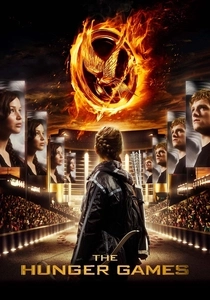
The Hunger Games (2012)
Description: In a dystopian future, the Capitol forces each of its twelve districts to send one boy and one girl to compete in a televised death match, highlighting the stark power imbalance between the ruling class and the oppressed.
Fact: The film's setting was inspired by ancient Rome's gladiatorial games. Jennifer Lawrence was initially reluctant to take on the role of Katniss Everdeen.
 Watch Now
Watch Now 
Elysium (2013)
Description: In a future where the rich live on a luxurious space station while the poor suffer on a ruined Earth, one man's quest for medical treatment becomes a fight for equality.
Fact: The film was shot in Mexico City, with the Elysium space station scenes created using a combination of practical sets and CGI. Neill Blomkamp directed this after his success with "District 9".
 Watch Now
Watch Now 
